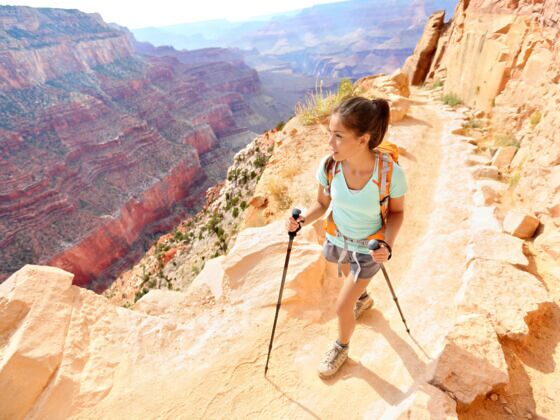1. Use less water.
At home I try to turn off the faucet while brushing my teeth, or washing dishes. But I never realized that on average, tourists use up more water when on vacation than they do home. We take long showers, and we generally relax because, at a hostel or hotel, we know it’s not our home or our water bill to worry about.
In naturally drier regions this becomes an even bigger problem. A report by the United Nations estimated that tourists in Spain use up to 440 liters of water a day (almost double of what an average Spaniard city resident would use). Some reports have also said that in places like tourist-heavy Goa, India, locals struggle walking further and further to find fresh water as most of it is now used for tourists hotels and hotspots.
Take short showers, don’t leave faucets running, and if you’re staying at a hotel, tell them it’s not necessary to wash your towels or sheets each day of your stay.
